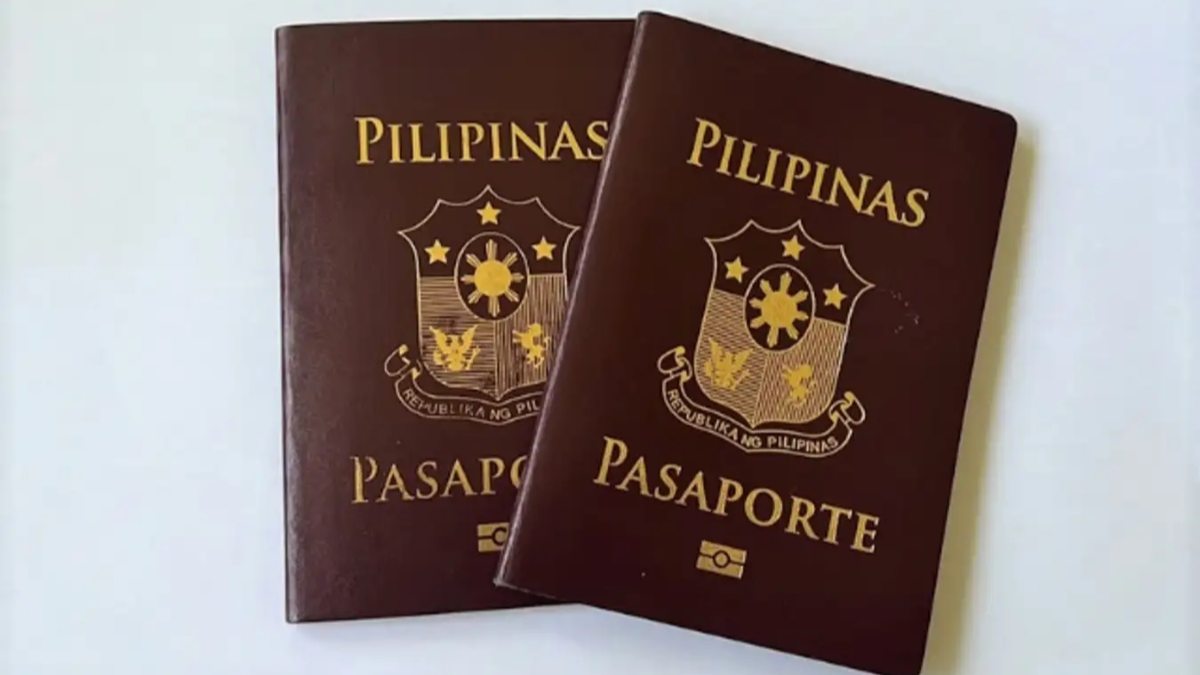The Department of Foreign Affairs (DFA) consular offices have begun using Philippine show business trivia as a litmus test to identify foreign nationals, predominantly Chinese, attempting to illegally acquire Philippine passports. This strategy emerged amid revelations that foreigners were able to secure genuine Philippine passports using authentic birth certificates and identification cards.
During a Senate hearing last November, it was confirmed that foreign nationals could obtain Philippine passports by presenting valid documents from the Philippine Statistics Authority (PSA). In response, the DFA has intensified its collaboration with law enforcement agencies to address this security loophole.
Foreign Assistant Secretary Adelio Angelito Cruz of the Office of Consular Affairs disclosed the unconventional method in an interview, explaining the rationale behind asking applicants questions like the identities of Nora Aunor’s and Sharon Cuneta’s boyfriends or requesting them to name songs by local artists like Andrew E. and Ariel Rivera. “They can memorize everything there — the name of father, name of mother. So we think outside the box,” Cruz stated, emphasizing the cultural knowledge only Filipinos would typically possess.
The scheme to secure genuine PSA documents involves filing for late birth registration, exploiting vulnerabilities in the system. The DFA has already thwarted attempts by at least 58 Chinese nationals at the main consular office in Parañaque City, with similar incidents reported nationwide.
Cruz, who took office in late 2023, expressed grave concerns over the issue, viewing it as a significant national security risk. He highlighted that the scheme had been in operation even before his tenure and potentially before the pandemic. The DFA, alongside security agencies such as the Bureau of Immigration and the National Bureau of Investigation, is working diligently to address and mitigate these risks.
Under Republic Act No. 8239, or the Philippine Passport Act of 1996, individuals found making false statements in passport applications face severe penalties, including imprisonment and fines. The DFA has also taken measures to blacklist those caught in the act, preventing them from reapplying for passports through the use of biometric data, although not all have been charged in court.
This development comes as the DFA issued millions of passports over the past few years, with the numbers showing a slight decline from pre-pandemic levels.






